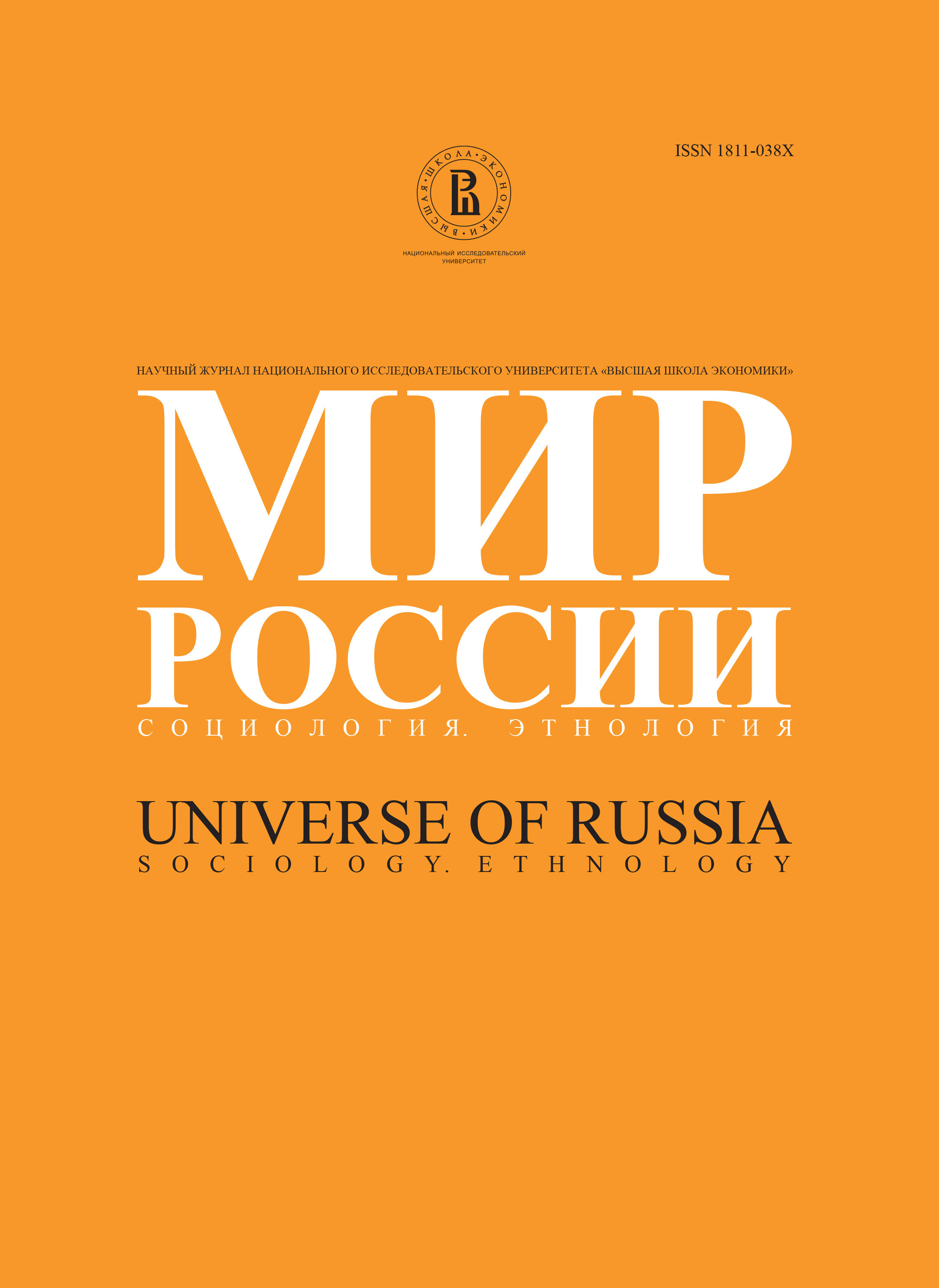Cities of Power: Administrative Centres of Russia
Abstract
According to our own suggestion a further reinforcement of regional metropolisation should be expected in the coming years. This is going to have a major effect on social and economic situation in Russia. In long term this may be regarded as a negative impact, all the more so as there are quite obvious threats of the global hyperurbanisation period. Such ideas, for example, were expressed and discussed at Urban XXI Conference in Berlin (July 2000), where around 3000 politicians, economists, demographers and architects from all over the world came to meet. An accurate prognosis was made, that in 30 years the number of urban citizens should rise by 5 billion, with three out of five citizens to live in metropolises. It is also anticipated, that this growth should be enforced majorly by the countries with low (according to European and American standards) level of social and economic development. What is the picture of the post-globalization world, when a totally different space hierarchy should dominate and affect the system of global settlement? What is Russia’s place in this picture and what role will it play? Will its geographical vastness be straightforwardly associated with the greatness of its state or lose any sense at all? Will it be able to preserve its value of a major development resource under spatiotemporal shrinkage and hybridization of the globalized world? Or should Russia become one of the ingredients of the ‘lumpenised periphery’ with Moscow region to stand as a desolate ‘archipelago’? Are there other cities in Russia capable of taking the challenge of globalization? In this article these and many other questions of the formation of ‘wealth archipelago’ with a special emphasis on Russian case are thoroughly considered. And it is, of course, not solely a Moscow but all-Russian ‘archipelago’ where the first sights of lumpenised periphery are observed at the feet of its ‘isles’ (regional capitals, administrative centre). This process, which should not be the threat for many sovereignties in the world, is already an obvious reality in many constitutionally independent regions of Russian Federation. More exactly, the signs of territorial lumpenisation have spread over central and northern regions, they can be seen in thousands of villages and towns, hundreds of smaller cities and other semi-urban settlements. These settlements seem hopeless not only due to their peripheral situation as a such, but, what is worse – an unbearable development pace of the leading cities (regional capitals and larger industrial centres). Social and economic differentiation of territories is becoming more of a larger-scale inequality between the rare prospering settlements and the rest of the country’s territories, which are hopelessly forsaken. Being a strong adept of the ideology of real federalism, the inevitability of territorial inequalities and its usefulness in terms of preserving the integrity of large regional systems, the author regards the described situation as natural for the current state of Russia’s development, although non-constructive in its perspective. To some extent it is possible to regulate this situation and to utilize it in the favour of territories outside of the borders of regional urban centres. In any case, one has at least to assess the credibility of the reasons and system consequences of over-concentration of economic and social potential of the country. E-mail: socioecon@hse.ru
Key words: Globalization, global settlement, administrative centers of Russia, territorial lumpenisation






